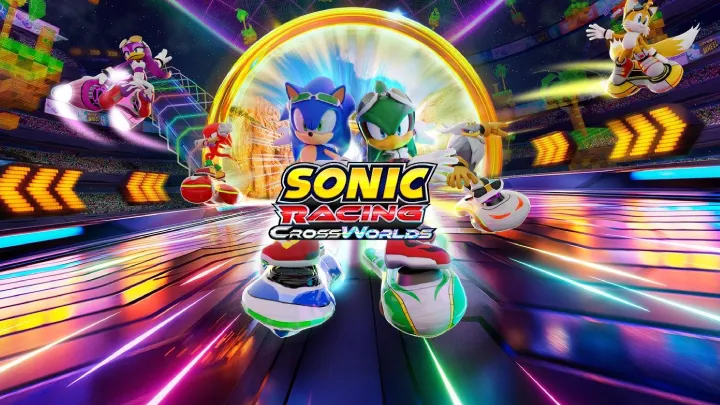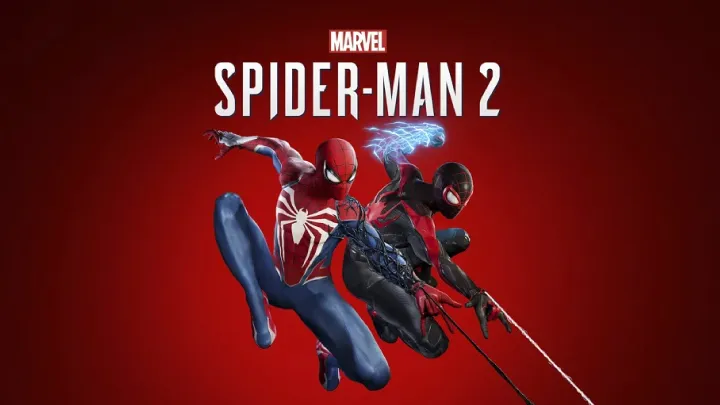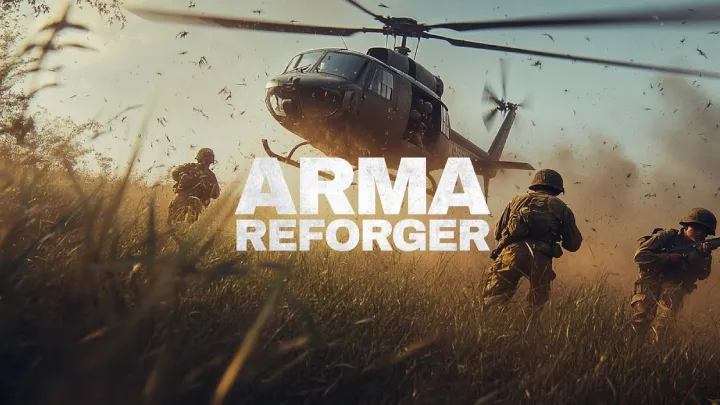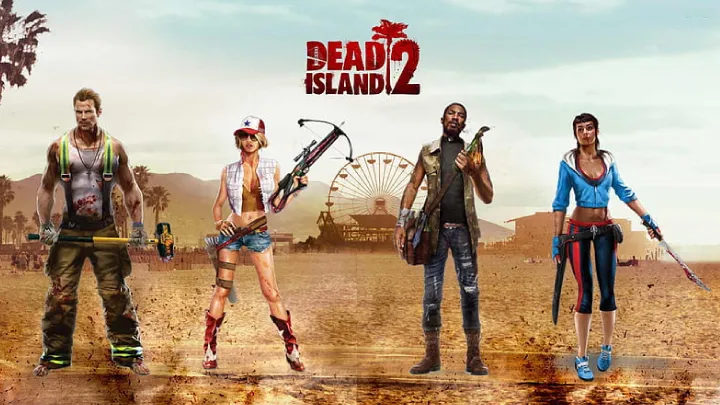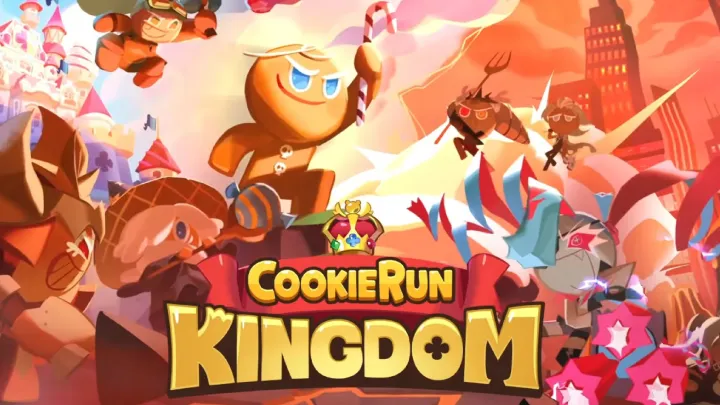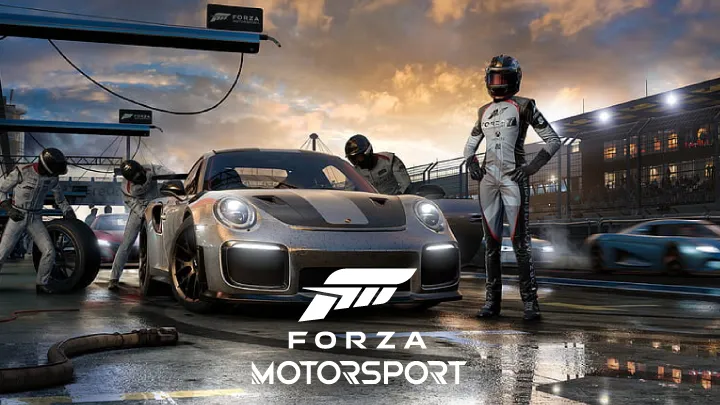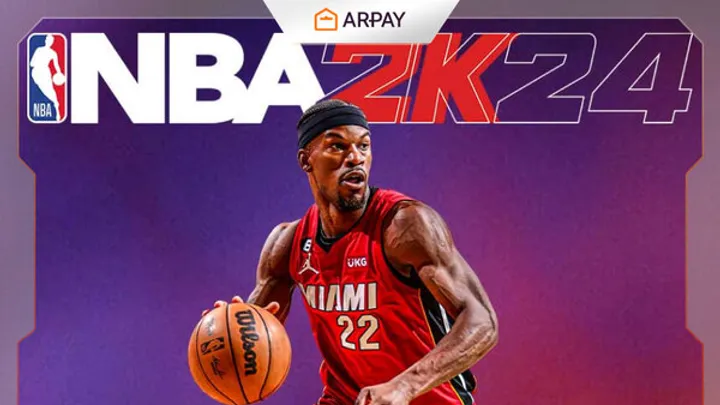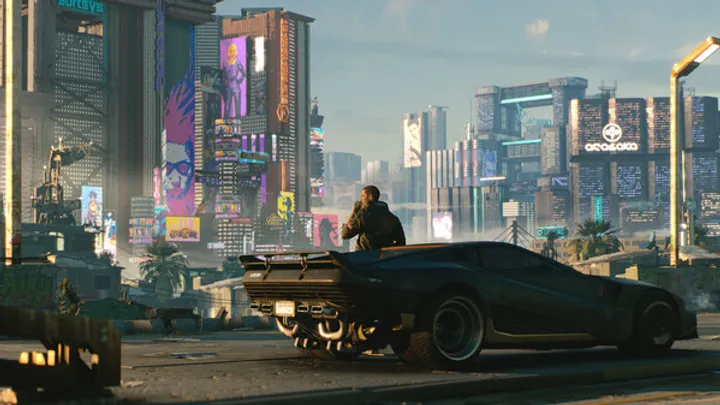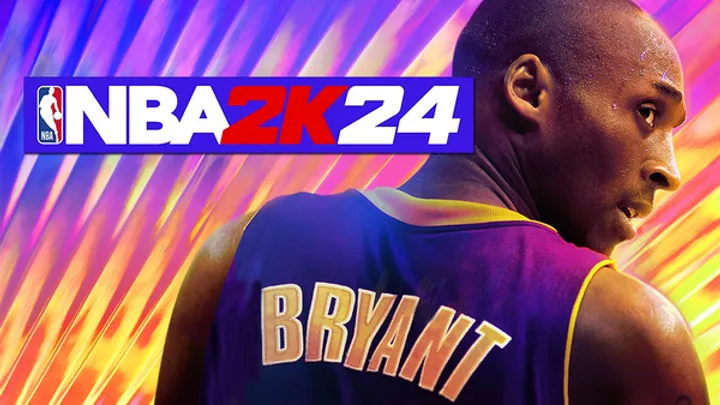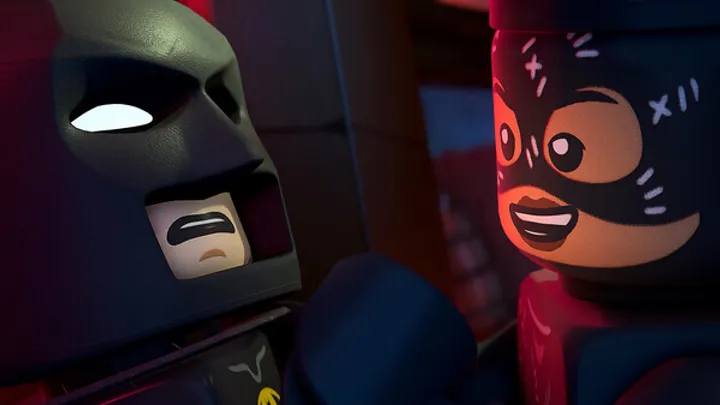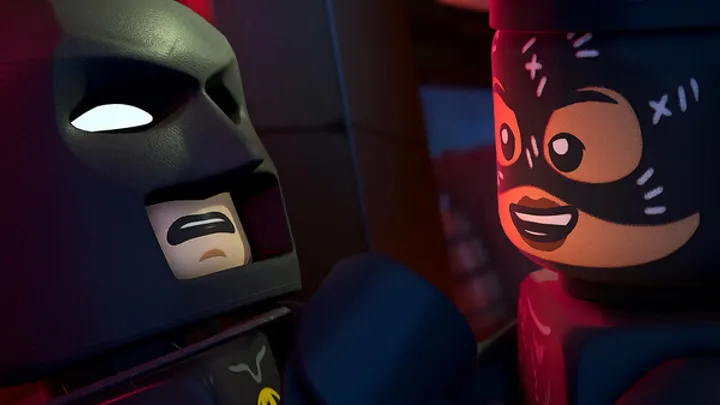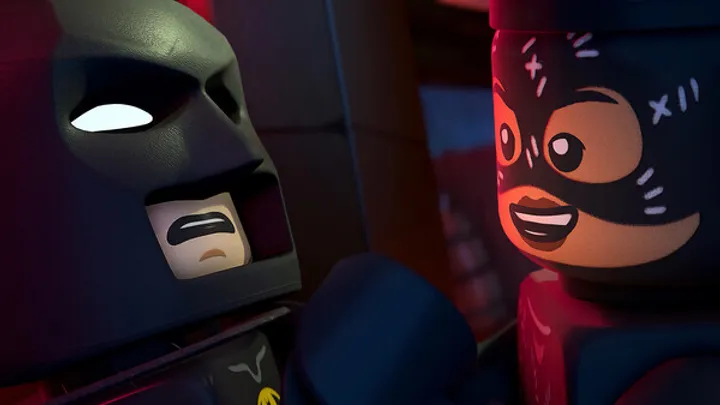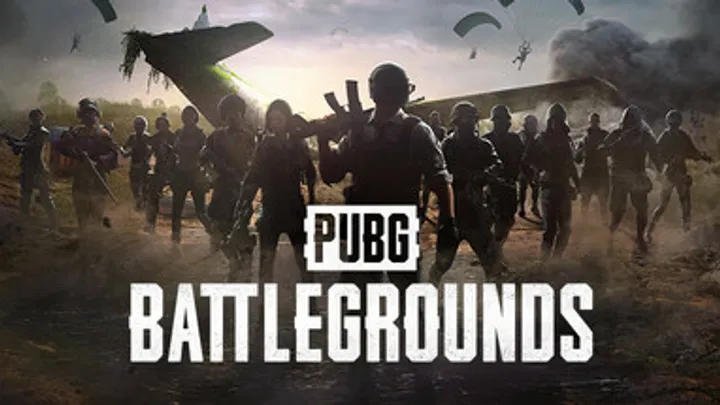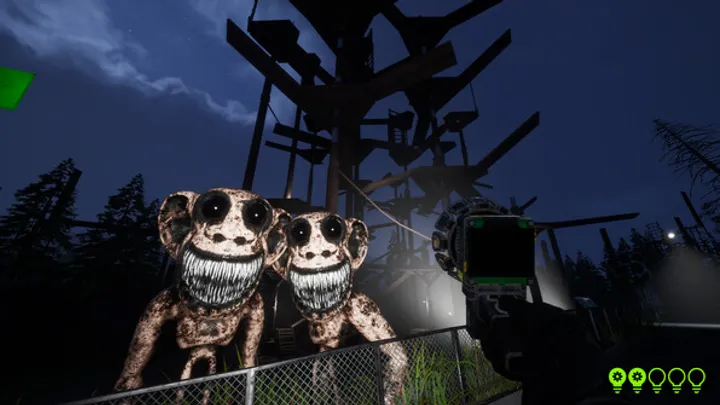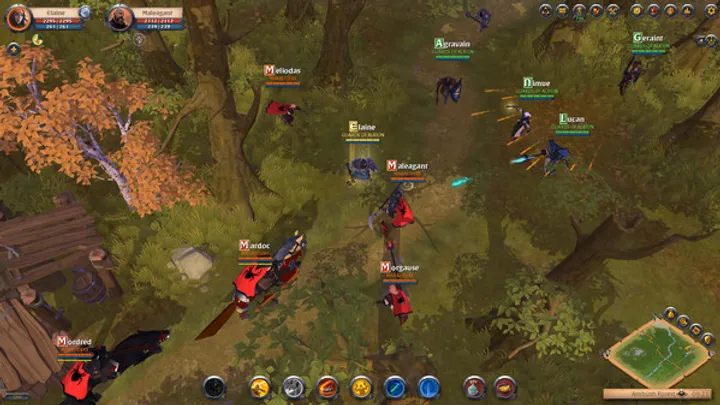"Grand Theft Auto V" (GTA V) remains one of the most influential video games of all time. Its immersive open-world environment, intricate storyline, and revolutionary gameplay mechanics have set a new standard for the gaming industry. However, beneath its high-speed chases, elaborate heists, and dark humor lies a deep and often controversial exploration of player choice and consequence. One of the most compelling aspects of GTA V is how it allows players to influence the outcome of the narrative, shaping the characters' lives through their decisions. Yet, while the game presents players with these choices, it also critiques the very idea of player autonomy within a narrative, raising questions about the nature of free will and the consequences of those choices. This article will delve into the nuanced ways in which GTA V explores player agency, focusing on specific moments in the game where choices have a profound impact on the story, and examining how these decisions reveal deeper themes about control, morality, and fate.
The Art of Player Choice: A Core Component of GTA V
The open-world structure of GTA V offers players a vast array of options. Players can engage in numerous side missions, participate in various activities, and shape the environment around them. However, the central narrative is driven by a series of critical choices that test the player's morality and decision-making skills. From the very beginning of the game, players are presented with opportunities to impact the lives of the three protagonists: Michael De Santa, Franklin Clinton, and Trevor Philips.
The Power of Narrative Choice
The most notable narrative decision in GTA V revolves around the player's influence on the lives of these three characters. The game offers distinct paths, shaping their personal stories based on the player's decisions. This dynamic creates a complex web of interconnected narratives, where each character's fate is intertwined with the player's choices.
- Character Dynamics: Each protagonist has a unique background, goals, and moral compass, making the decisions they face feel personalized. Franklin, a young man caught between his desire for wealth and his moral conscience, faces tough choices that reflect the game's exploration of the American Dream. Michael, a retired criminal trying to regain control over his life, is torn between family loyalty and personal ambition. Trevor, an unpredictable and violent character, presents an entirely different set of moral quandaries. The player's choices not only influence the characters' fates but also affect their relationships with each other.
The Tension Between Free Will and Determinism
At its core, GTA V is a game about choice. However, the game frequently subverts the player's sense of agency. While players are free to make decisions, the story's ultimate direction remains heavily scripted. The game draws attention to this tension between free will and deterministic narrative structure, making the player aware of how their choices are both significant and, in some ways, futile.
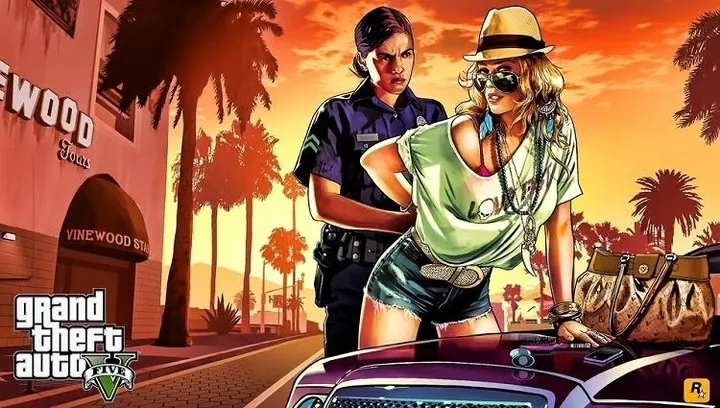
Major Decisions and Their Consequences
One of the defining features of GTA V is how it presents players with major decisions that shape the course of the story. These choices are not simply about which path to take, but also about the moral cost of those decisions.
The Heist Missions: A Morally Ambiguous Playground
The heist missions in GTA V are central to the game's narrative. The planning, execution, and aftermath of each heist create moments where player choice holds immense weight. The choices made during these missions often present players with a moral dilemma—do you act out of self-interest or consider the well-being of others?
- Choosing Crew Members: For each heist, players must choose which crew members to hire. These choices have practical consequences; the right crew members can increase the chance of success, while poor choices can lead to failure. But there is also a moral dimension. The choice of crew can reflect the player's attitudes toward loyalty, trust, and betrayal.
- Heist Outcomes: Players can choose how to approach a heist—whether with brute force or stealth—and these choices significantly affect the story's outcome. The consequences of a failed heist, or a heist executed without regard for human life, ripple throughout the game, influencing the future of the characters involved.
The "Death" of Key Characters
Some of the game's most impactful decisions revolve around the life or death of characters. These moments test the player's values and force them to confront the harsh realities of their actions. In particular, the game's ending provides a stark choice that forces the player to decide the fate of key characters, with long-lasting consequences.
The Final Decision: A Pivotal Moment
As the story nears its conclusion, players face a choice that irrevocably alters the game's outcome. The three potential endings—whether players choose to "Kill Trevor," "Kill Michael," or "Death of All"—are among the most contentious and debated elements of the game.
The Weight of Player Decision
The final decision acts as a culmination of the themes of choice and consequence that have been building throughout the game. Each option has its own emotional weight, impacting the characters' relationships and shaping the player's understanding of the moral landscape they’ve navigated. This moment serves as a reflection of the game's broader narrative, suggesting that choices are not only about the player’s desired outcome but also about the emotional toll and irreversible nature of those decisions.
Character Development and Player Accountability
This decision also reinforces the game’s commentary on the futility of trying to escape one’s past. Regardless of the player’s choice, the repercussions reverberate throughout the world of GTA V. The lives of the characters are defined by their past actions, and this final moment serves as a reminder that no one can fully escape their destiny—something the game’s characters struggle with throughout.
Morality and the Absurdity of Choice
At first glance, GTA V may seem like a game centered around crime, violence, and mayhem. However, its portrayal of choice is far more complex. The game is not just about making "good" or "bad" decisions—it's about the absurdity of morality in a world that offers little in the way of redemption.
The Gray Morality of GTA V
The world of GTA V is one where the lines between right and wrong are blurred. While players may be asked to choose between violent or non-violent approaches to problems, these choices are often meaningless in the broader context of the game's universe. Characters are constantly trapped in a cycle of crime, revenge, and greed, making it difficult to discern whether their actions can ever truly be justified.
- Narrative Saturation: Even when players make seemingly "good" decisions, the impact of those choices is limited. For example, choosing to help a friend or save an innocent life might feel like a victory, but the broader narrative suggests that these moments are fleeting. The larger forces at play—corruption, greed, and betrayal—remain unaffected by the individual actions of the player.
- Fate vs. Free Will: This tension between individual choice and fate underscores the game's existential themes. The characters in GTA V are often shown struggling with their own sense of identity and moral purpose, yet they are ultimately driven by circumstances beyond their control.
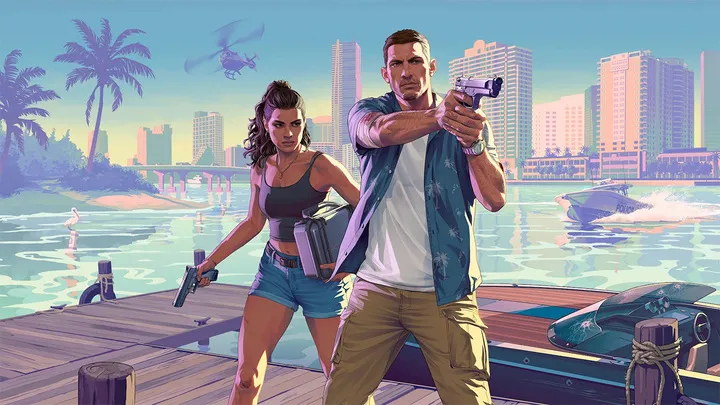
Player Responsibility: A Subtle Critique of Gaming Culture
GTA V’s focus on choice also subtly critiques the culture of video gaming itself. Many players approach the game with the desire for escapism, to act out fantasies of crime and chaos without real-world consequences. However, GTA V forces players to confront the consequences of their actions, reminding them that even in a fictional world, decisions carry weight.
Challenging Traditional Game Mechanics
The game challenges traditional mechanics of player agency by embedding real-world consequences into its narrative. Instead of offering players a purely escapist experience, GTA V forces them to reckon with the morality of their actions, often leaving them feeling conflicted or guilty. This is a departure from many other open-world games, where players can wreak havoc with little to no lasting impact.
Reflecting on the Role of the Player
In doing so, GTA V subtly questions the role of the player in shaping narratives. Are players truly in control of the story, or are they simply following a path laid out for them by the game’s creators? This philosophical question is a central theme in GTA V’s exploration of player choice and consequence.
The Legacy of Choice in GTA V: Impact on Future Games
GTA V’s sophisticated narrative mechanics and the role of player choice have influenced not only Rockstar's future projects but also the broader gaming industry. The game's impact is evident in the way other developers have started to incorporate more meaningful choices into their own titles, blurring the lines between narrative and player agency.
Shaping Future Open-World Games
Other open-world games, such as Red Dead Redemption 2 and The Witcher 3, have adopted similar structures where player choices have significant consequences. GTA V’s approach to decision-making, morality, and character development has set a new benchmark for how games can balance player freedom with a crafted narrative.
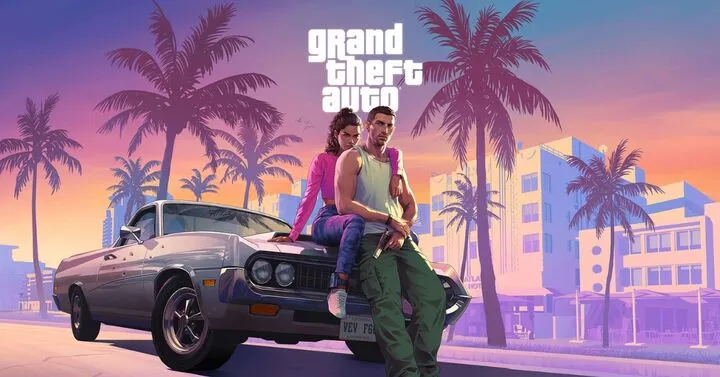
Conclusion
Grand Theft Auto V’s exploration of player choice and consequence is one of the most thought-provoking aspects of the game. Through its intricate storytelling, the game challenges players to confront their own morality while navigating a world rife with corruption and crime. The game doesn't just ask players to make decisions—it forces them to reflect on those decisions and the wider impact they have on the characters and the narrative. In this way, GTA V serves as a commentary on the nature of free will and the limitations of choice, highlighting the often-absurd nature of morality in a chaotic world.


